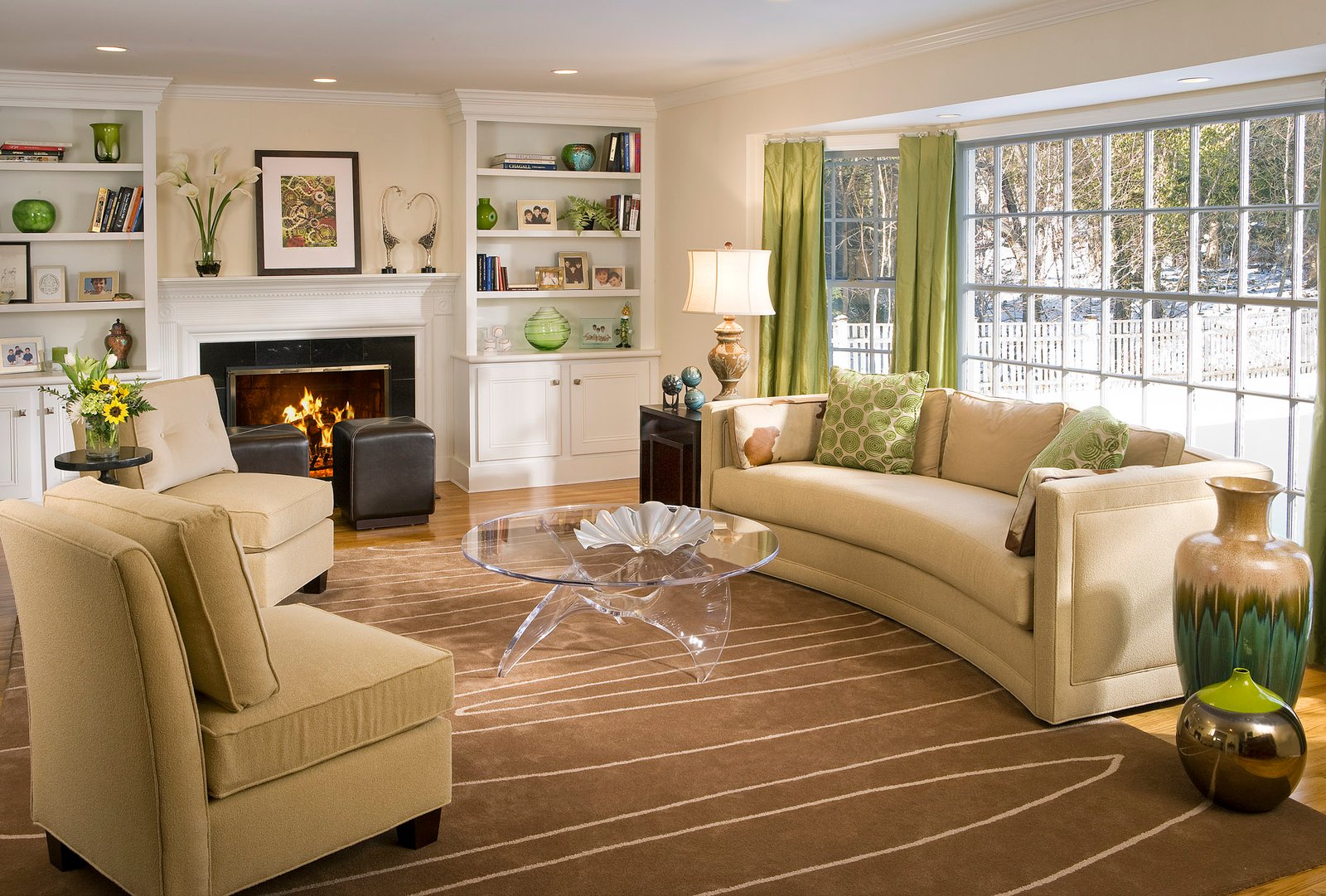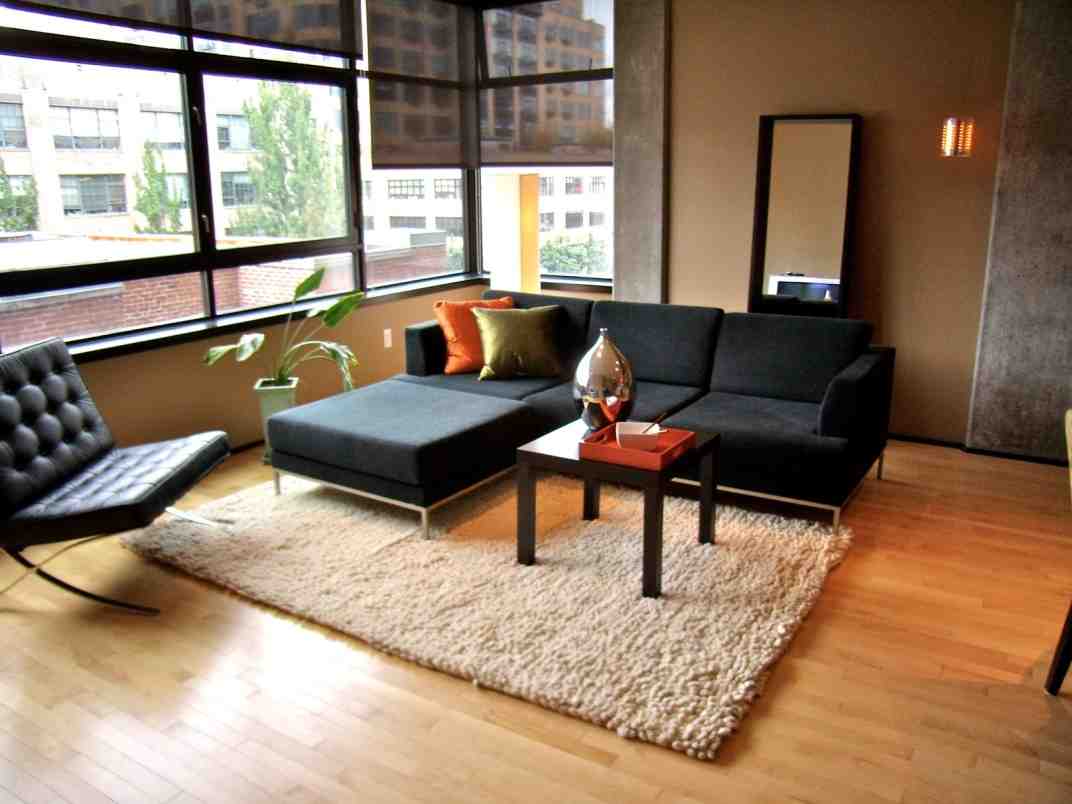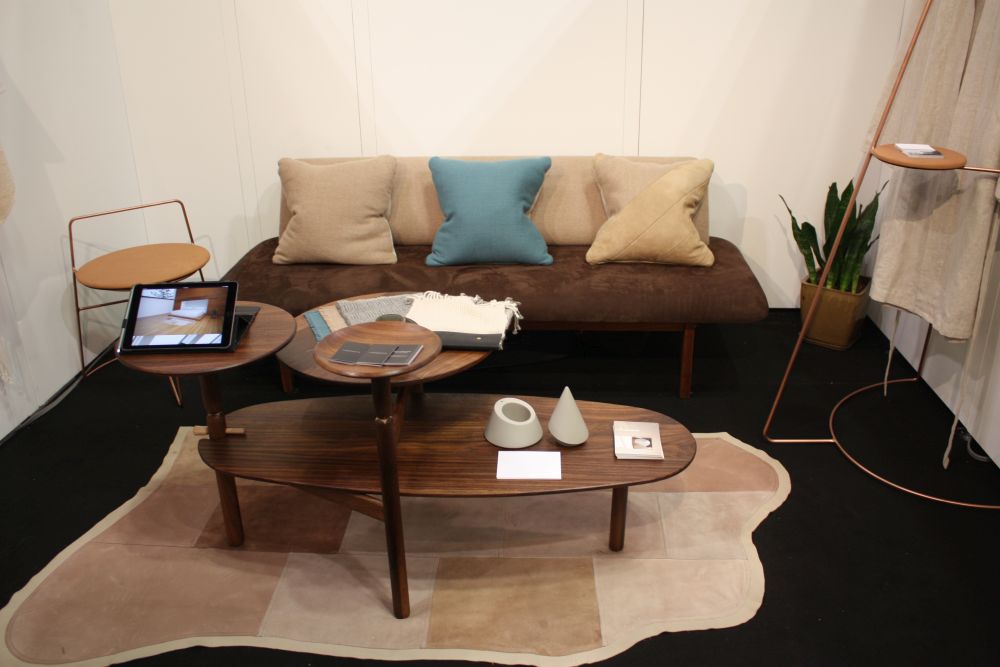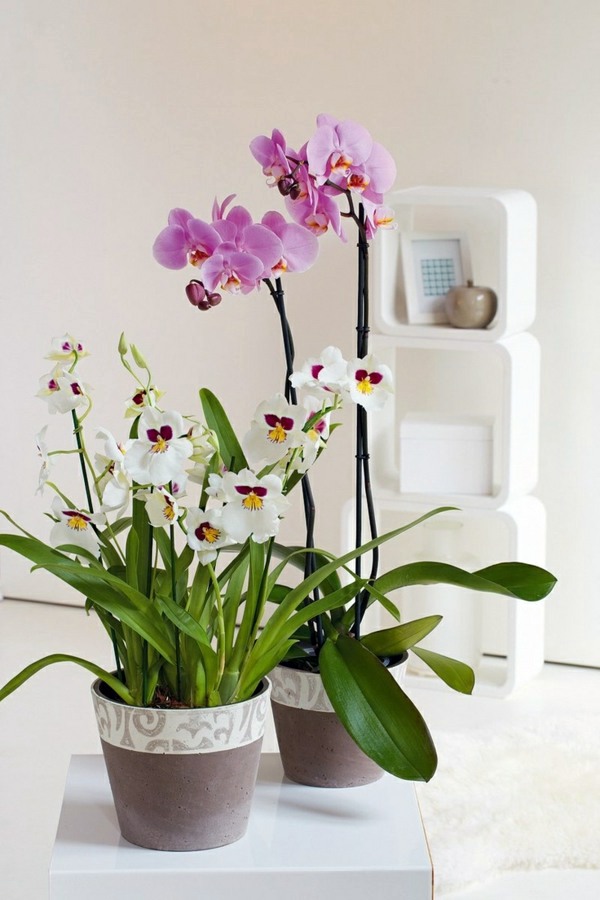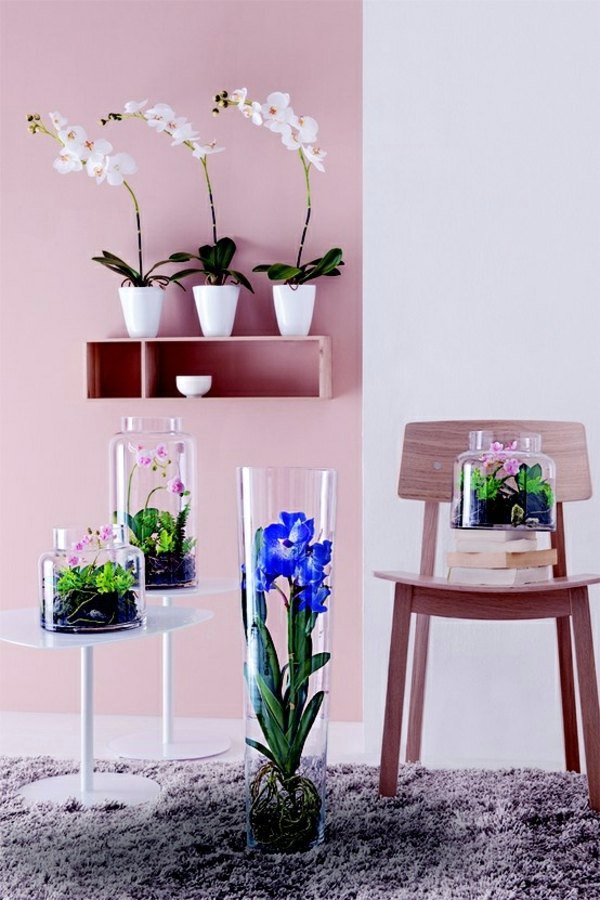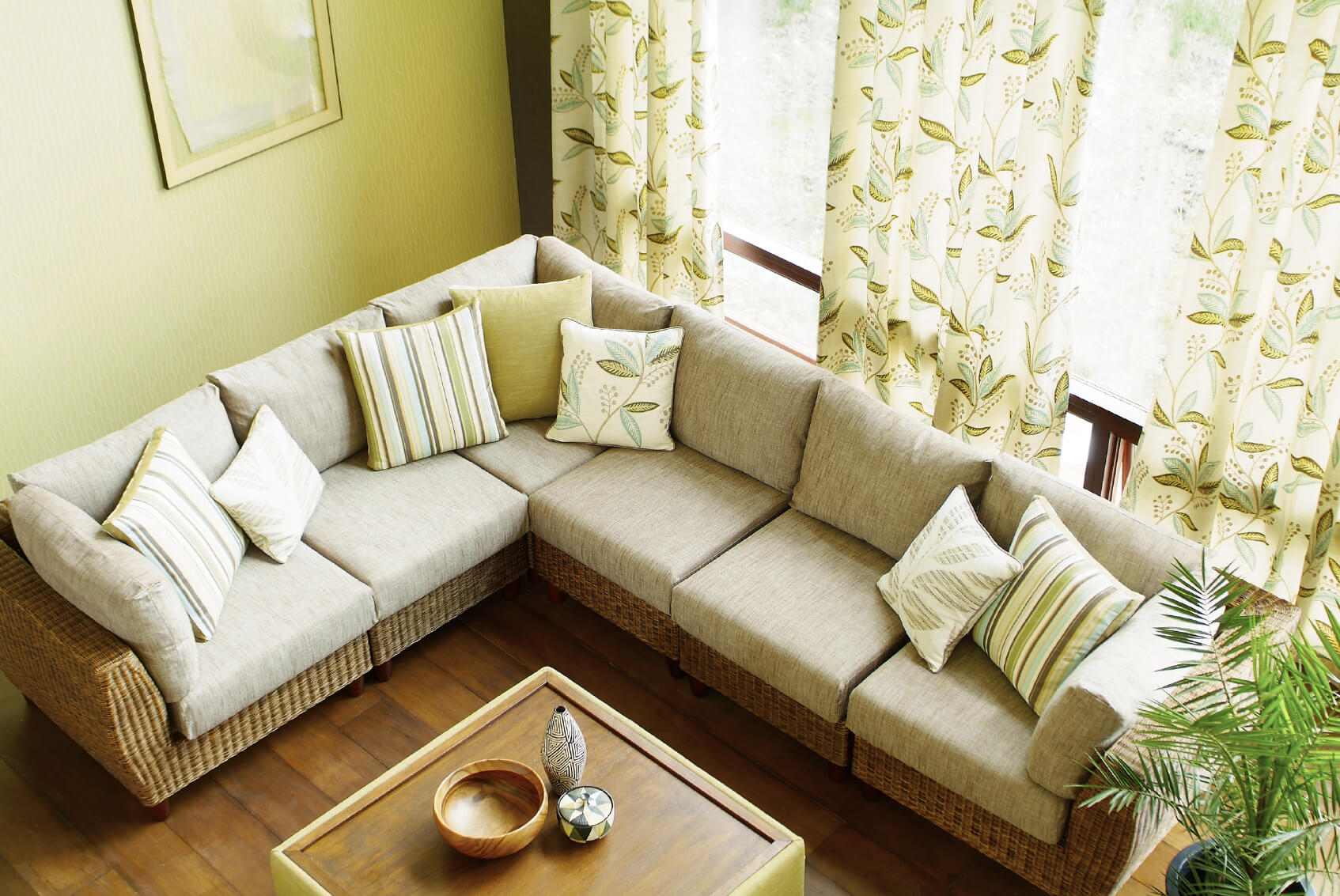Feng Shui Tips for the Living Room
Feng Shui is an ancient Chinese practice that focuses on arranging your surroundings in a way that promotes positive energy and balance. The living room is often considered the heart of the home, making it an important area to apply Feng Shui principles to create a harmonious and welcoming space. Here are 10 Feng Shui tips for your living room to help you achieve a balanced and positive energy flow.
Living Room Feng Shui Tips
1. Clear the clutter- Clutter can disrupt the flow of energy in your living room. Make sure to declutter and keep the space clean and organized.
2. Use natural light- Natural light is an important source of positive energy. Make sure to open windows and let in as much natural light as possible. If you have a dark living room, consider adding mirrors to reflect light and create a brighter space.
3. Choose calming colors- Colors have a significant impact on our mood and energy. Choose soft, calming colors such as pastels or earthy tones for your living room to create a peaceful and relaxing atmosphere.
4. Incorporate the five elements- The five elements of Feng Shui (wood, fire, earth, metal, and water) represent different energies and can be incorporated into your living room through colors, shapes, and materials. For example, you can add a wooden coffee table or a metal decorative piece.
5. Use proper furniture placement- The placement of furniture in your living room can affect the energy flow. Avoid placing furniture directly in front of the door or blocking pathways. Instead, arrange furniture in a way that allows for a smooth flow of energy.
Feng Shui Living Room Ideas
6. Add plants- Plants are a great way to bring in natural elements and promote positive energy in your living room. Choose plants with rounded leaves and avoid plants with sharp or spiky leaves, as they can create negative energy.
7. Use soft lighting- Harsh lighting can create a tense and uncomfortable atmosphere. Opt for soft, warm lighting in your living room to create a cozy and inviting space.
8. Incorporate natural materials- Natural materials such as wood, stone, and cotton can help create a sense of balance and harmony in your living room. Avoid synthetic materials and opt for natural alternatives.
9. Keep electronics to a minimum- Electronics can emit strong electromagnetic energy, which can disrupt the flow of energy in your living room. Keep electronics to a minimum and avoid placing them near areas where you spend a lot of time.
10. Add personal touches- Your living room should be a reflection of your personality and style. Add personal touches such as photos, artwork, and sentimental items to create a space that feels uniquely yours.
Living Room Feng Shui Arrangement
When arranging your living room, it's important to consider the flow of energy and create a balanced and harmonious space. Start by decluttering and removing any unnecessary items. Then, follow these tips for a proper Feng Shui living room arrangement:
- Avoid placing furniture in a direct line with the door.
- Leave enough space between furniture for a smooth flow of energy.
- Make sure the sofa is facing the door or the window, but not directly in front of it.
- Use a round or oval coffee table instead of a sharp-edged one.
- Place plants in the corners of the room to promote positive energy flow.
Feng Shui Colors for Living Room
Colors play a significant role in Feng Shui, as they can affect our mood and energy levels. Here are some Feng Shui colors that are perfect for your living room:
- Blue promotes a sense of calm and relaxation.
- Green represents growth and balance.
- Yellow brings in positive energy and happiness.
- Earthy tones, such as beige and brown, promote a grounded and stable energy.
- Red represents passion and vitality, but should be used sparingly as it can be overpowering.
Feng Shui Living Room Layout
The layout of your living room can have a significant impact on the energy flow. Here are some tips for a proper Feng Shui living room layout:
- Avoid placing furniture with your back to the door.
- Make sure there is enough space for a clear pathway between the door and other furniture.
- Place the sofa against a solid wall for support and stability.
- Avoid placing the sofa directly under a beam or slanted ceiling, as this can create a heavy and oppressive energy.
Feng Shui Living Room Decor
Decorating your living room with Feng Shui principles in mind can help create a harmonious and balanced space. Here are some ideas for incorporating Feng Shui decor in your living room:
- Use natural materials such as wood, stone, and cotton for furniture and decor.
- Add soft lighting with lamps and candles to create a cozy and relaxing atmosphere.
- Display artwork and decorative pieces that bring you joy and have positive energy.
- Use mirrors to reflect light and create a sense of spaciousness.
Feng Shui Living Room Furniture
The furniture you choose for your living room can have a significant impact on the energy flow. Here are some tips for choosing Feng Shui-friendly furniture:
- Choose furniture with rounded edges instead of sharp corners.
- Avoid furniture with glass surfaces, as it can create a sense of instability and vulnerability.
- Opt for natural materials such as wood, bamboo, or rattan.
- Choose furniture that promotes a sense of balance and stability.
Feng Shui Living Room Design
The design of your living room is crucial in creating a harmonious and balanced space. Here are some tips for a proper Feng Shui living room design:
- Keep the space clutter-free and organized.
- Incorporate natural elements such as plants, natural materials, and natural lighting.
- Use calming colors and avoid sharp contrasts.
- Choose furniture and decor that promote a sense of balance and harmony.
Feng Shui Living Room Plants
Plants are a great way to bring positive energy and natural elements into your living room. Here are some Feng Shui-approved plants for your living room:
- Lucky bamboo- promotes good fortune and prosperity.
- Money tree- symbolizes abundance and wealth.
- Peace lily- purifies the air and promotes peace and tranquility.
- Snake plant- absorbs negative energy and promotes positive energy flow.
- Jade plant- brings good luck and prosperity.
The Importance of Balance and Harmony in Your Living Room

Creating a harmonious and balanced living room is essential for a peaceful and positive home environment. According to the principles of Feng Shui, the living room is considered the heart of the home, where family and friends gather to relax and connect. By incorporating Feng Shui principles into your living room design, you can create a space that promotes balance, health, and abundance.
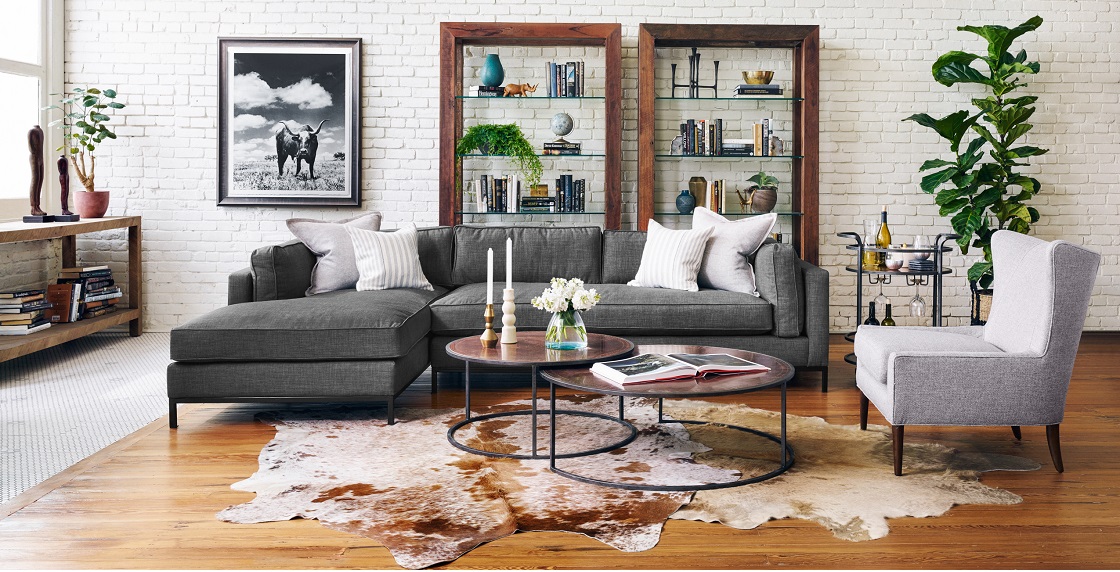
One of the key elements of Feng Shui is the flow of energy, or chi, in a space. In the living room, it is important to have a good flow of chi to promote positive energy and a sense of balance. This can be achieved by arranging furniture in a way that allows for easy movement and avoids cluttered or blocked pathways.
In addition to the physical layout of the room, the colors and materials used in the living room can also greatly impact the energy flow. Earth tones such as beige, brown, and green are believed to promote grounding and stability, while metallic colors like gold and silver can bring in a sense of wealth and prosperity. It is important to choose colors and materials that resonate with you and create a sense of balance and harmony in the room.
Another important aspect of Feng Shui in the living room is the placement of furniture. The sofa is considered the central piece of furniture in the living room, and it should be placed against a solid wall for support and stability. Avoid placing the sofa directly in front of a door or window, as this can disrupt the flow of energy. Additionally, incorporating round or oval shaped furniture can help soften sharp angles and create a more harmonious and inviting space.
Proper lighting is also crucial in Feng Shui design. Natural light is always preferred, but in cases where natural light is limited, it is important to have a good balance of artificial lighting. Soft and warm lighting can create a cozy and inviting atmosphere, while harsh and bright lighting can create a more chaotic and stressful environment.
Incorporating nature into your living room can also promote a sense of balance and harmony. Plants are believed to bring in positive energy and purify the air, while also adding a touch of natural beauty to the space. Choose plants with rounded or soft leaves, and avoid plants with sharp or spiky leaves as they can create a sense of tension and imbalance.
By following these Feng Shui tips for your living room, you can create a space that promotes balance, harmony, and positive energy. Remember to trust your intuition and choose elements that resonate with you and your family. With a well-balanced and harmonious living room, you can create a peaceful and inviting home that nourishes the mind, body, and soul.



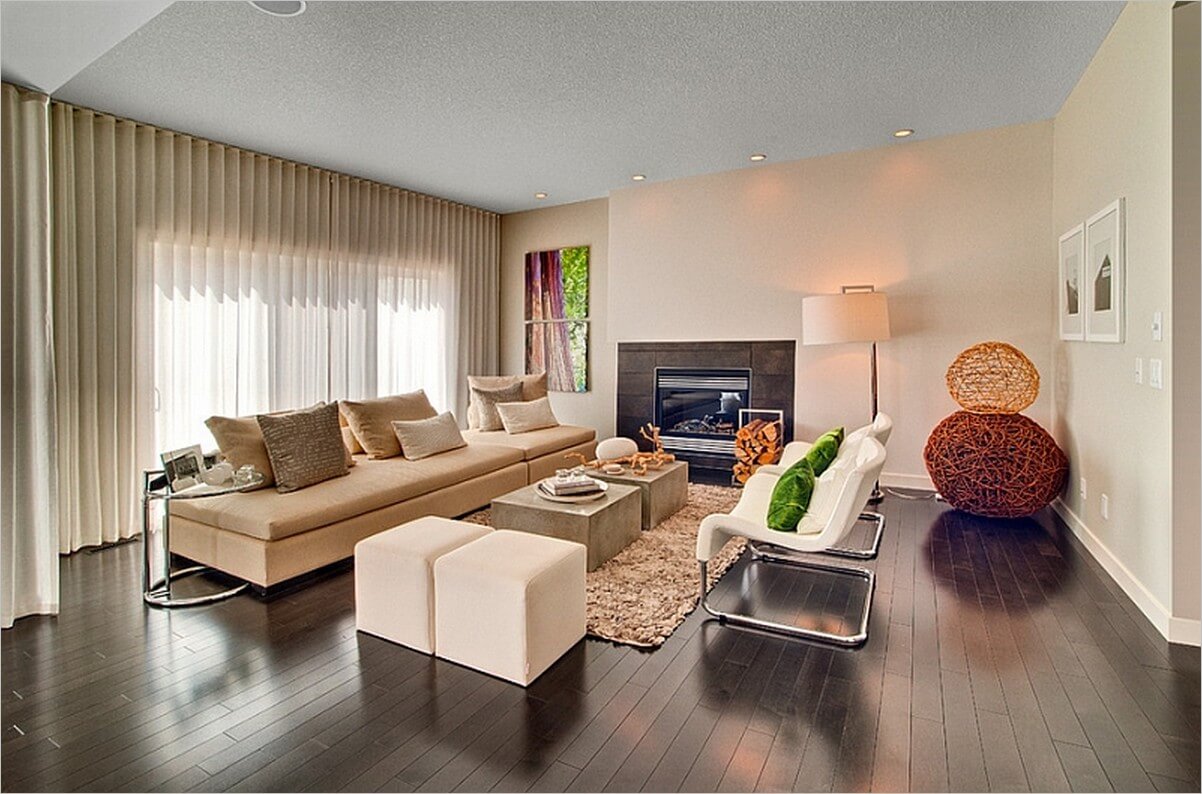
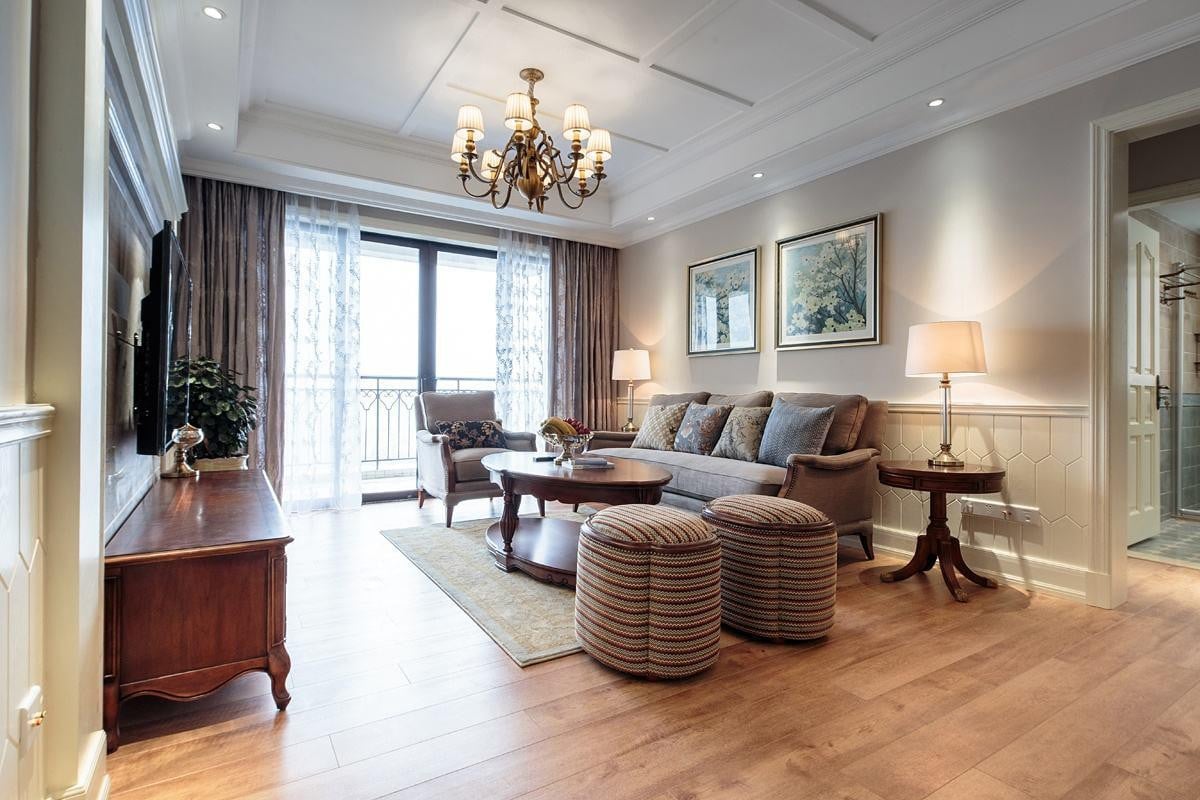

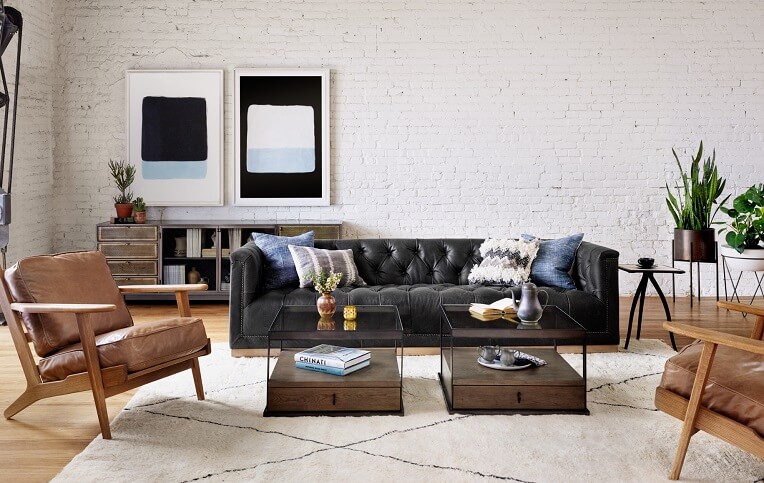

/GettyImages-1030845464-d9bf0a6179ff4601971a1ab963607969.jpg)
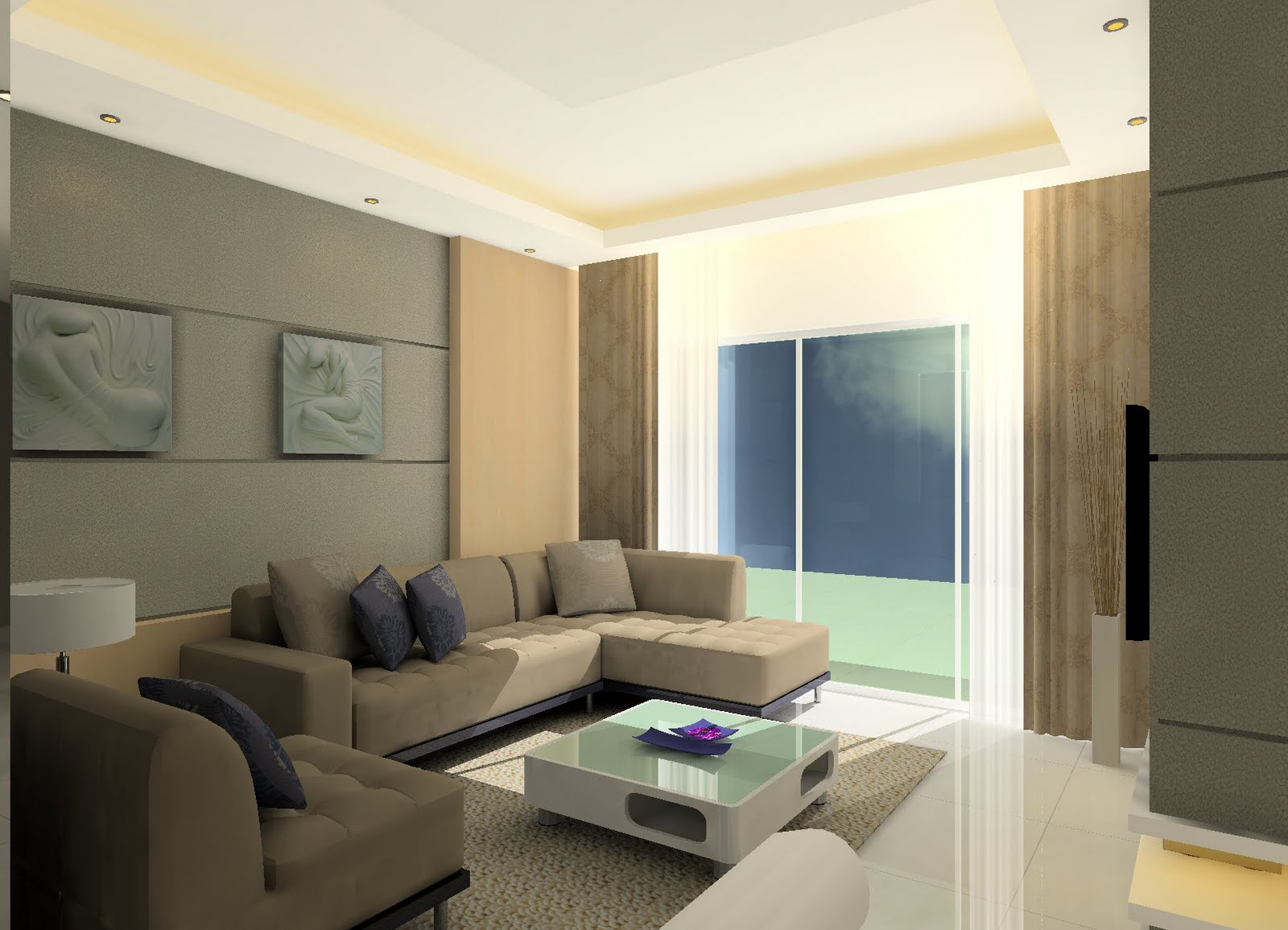



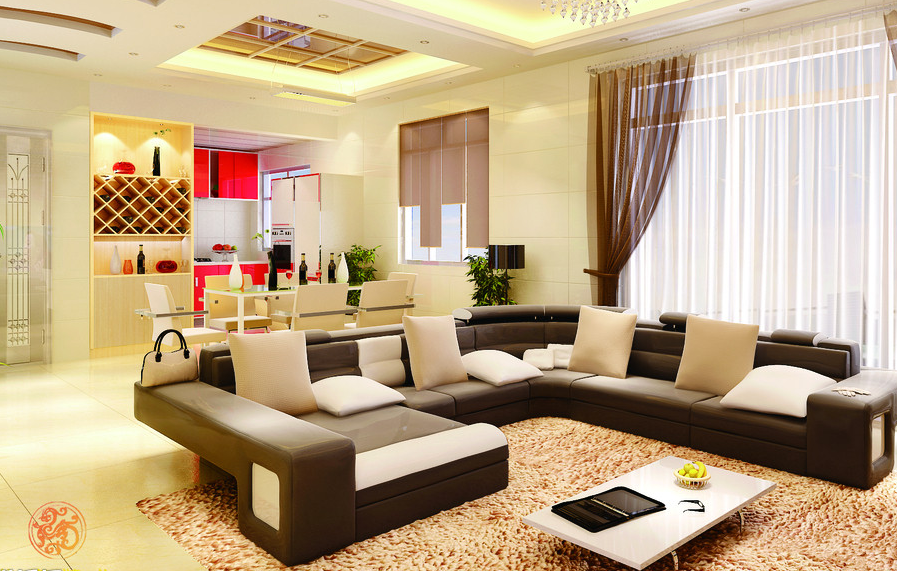
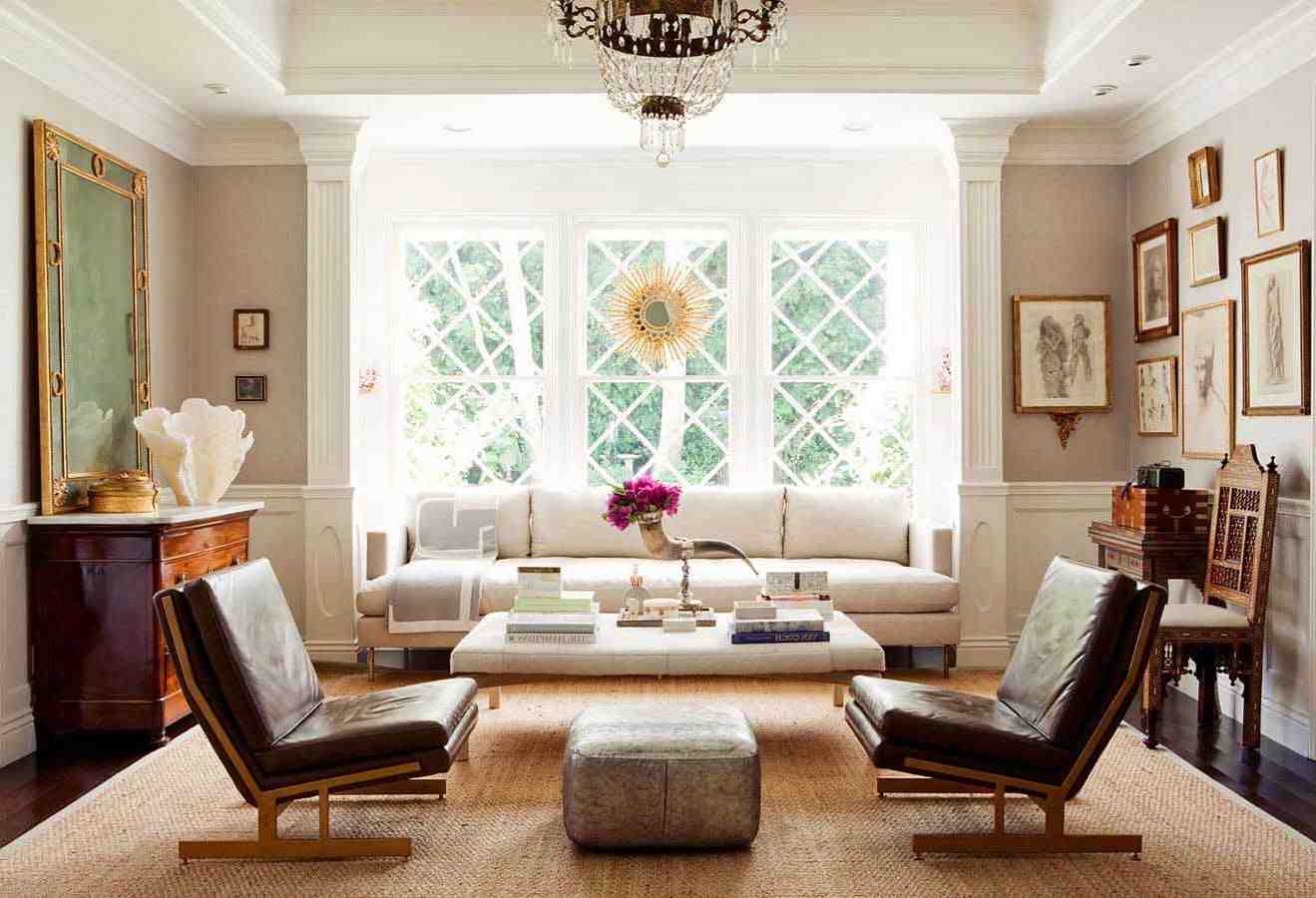



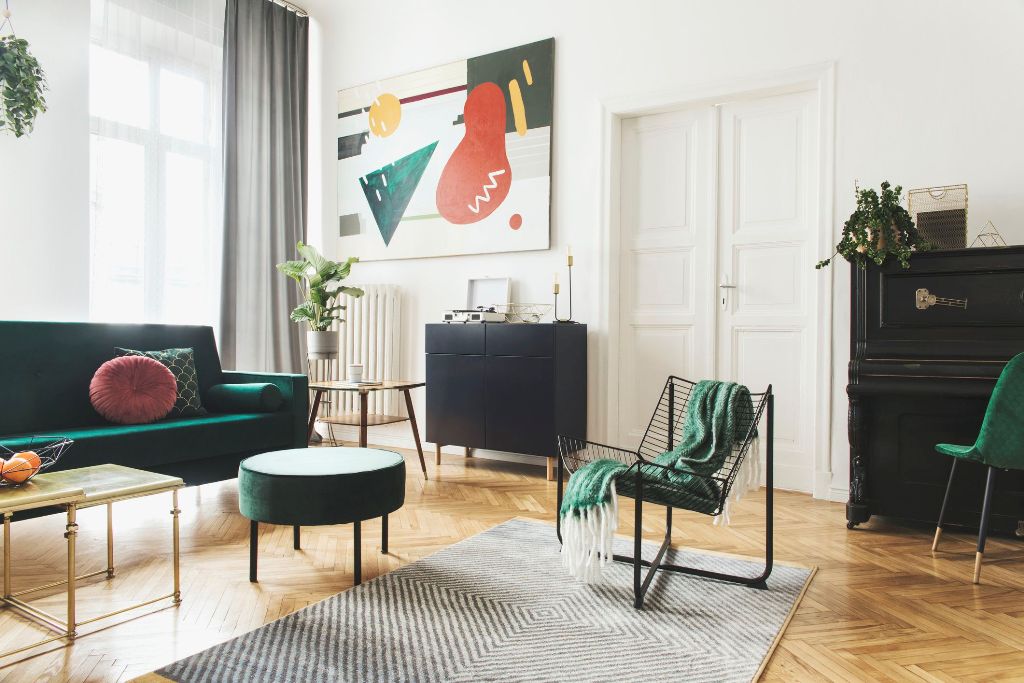



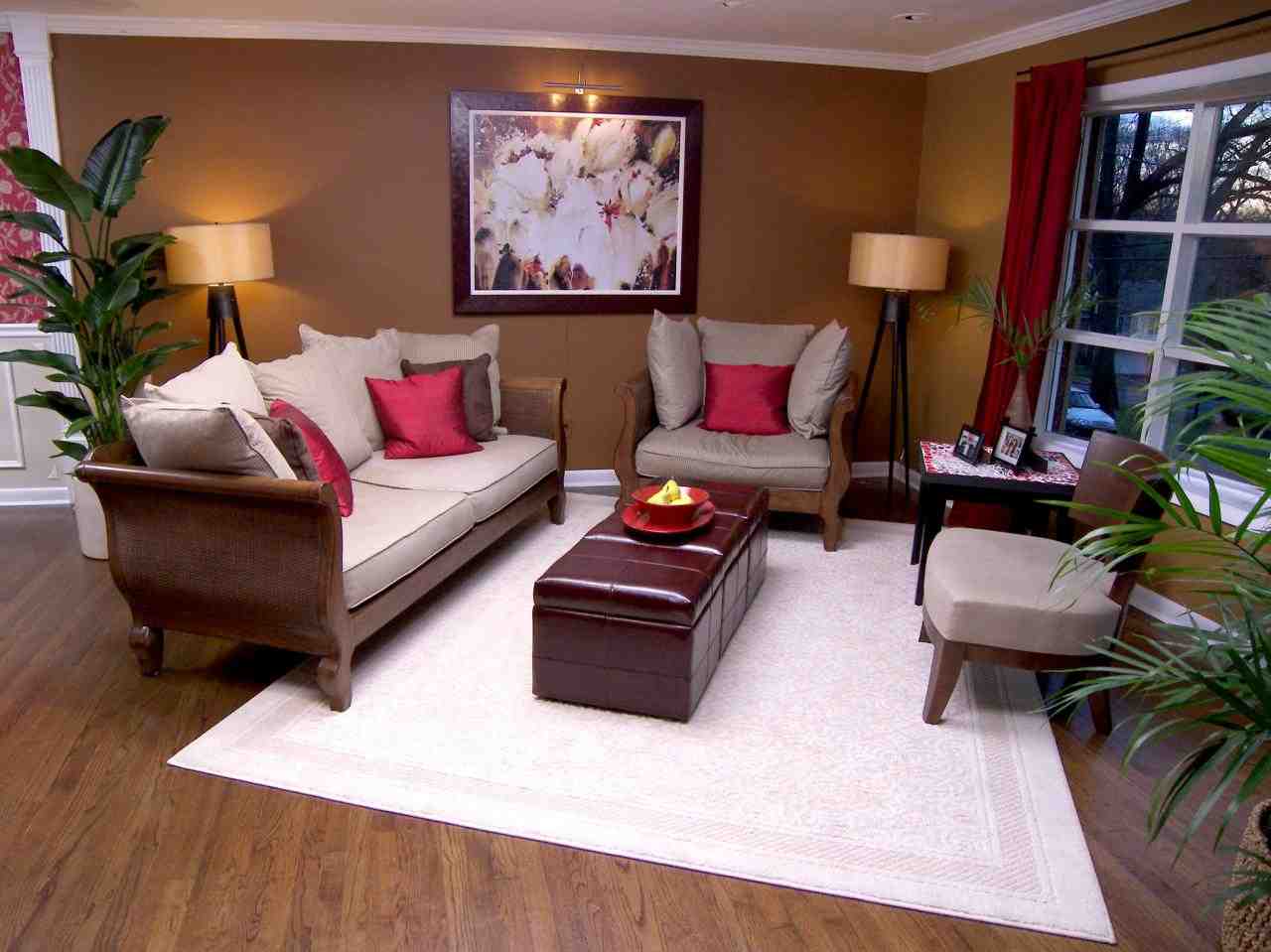
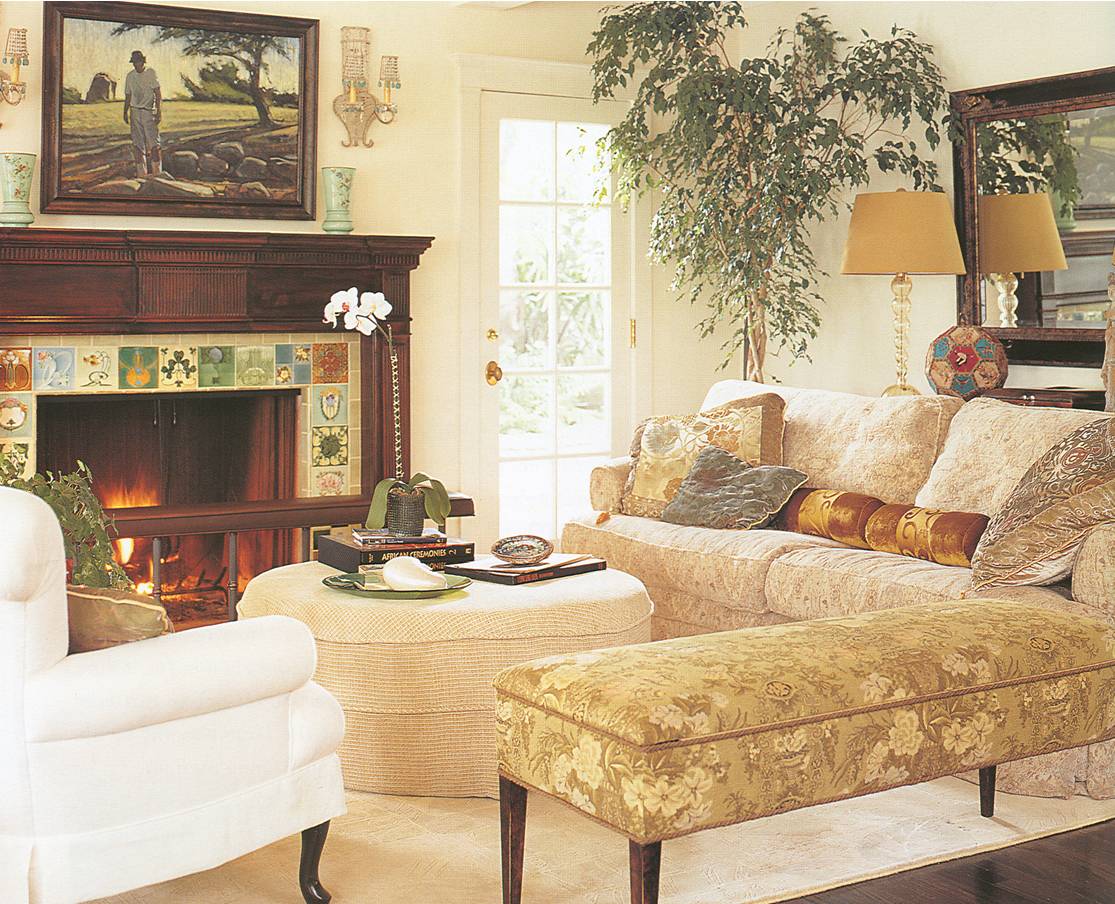
/GettyImages-1093510322-bdcf13ae33e74480934cf9b0e6658e3a.jpg)
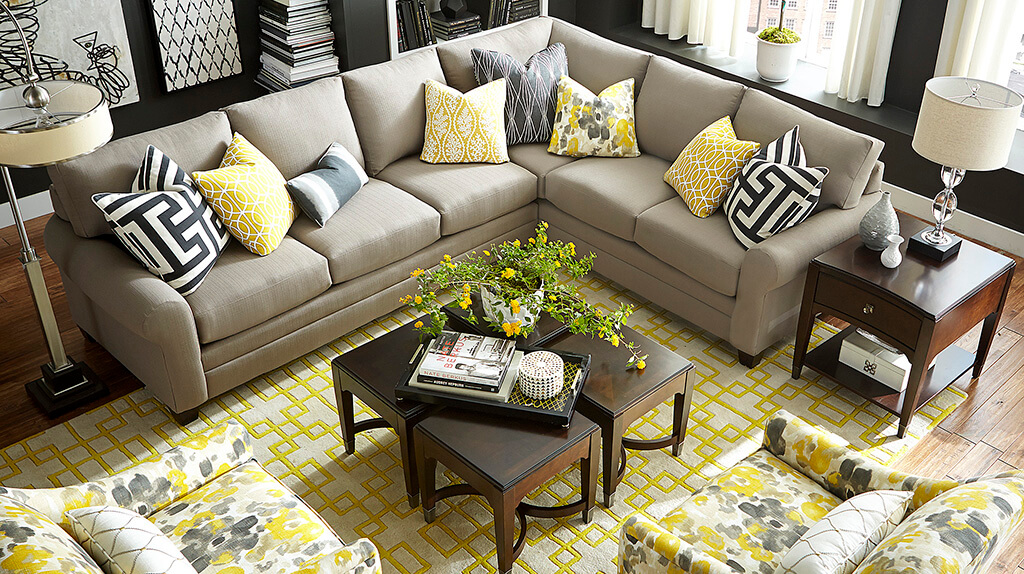
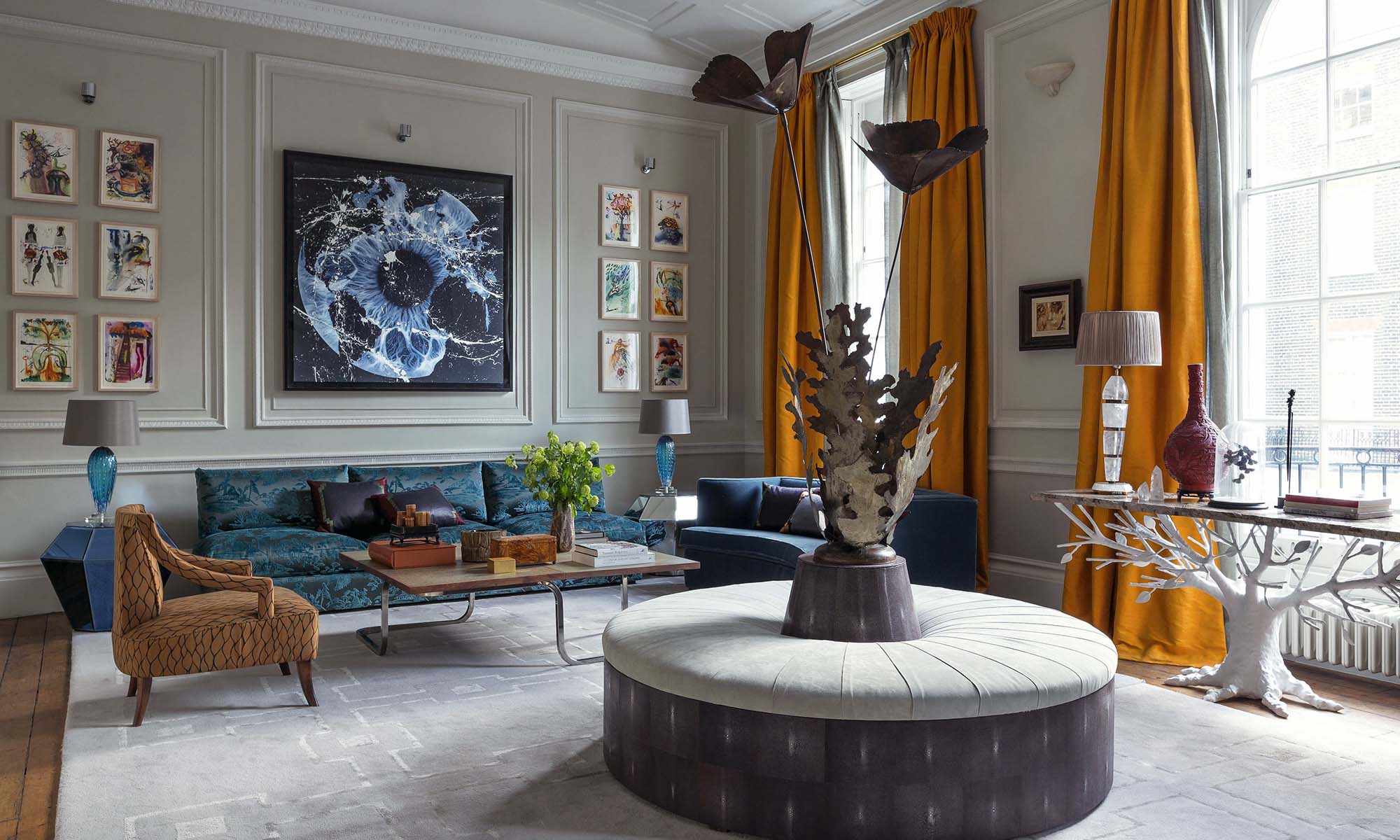
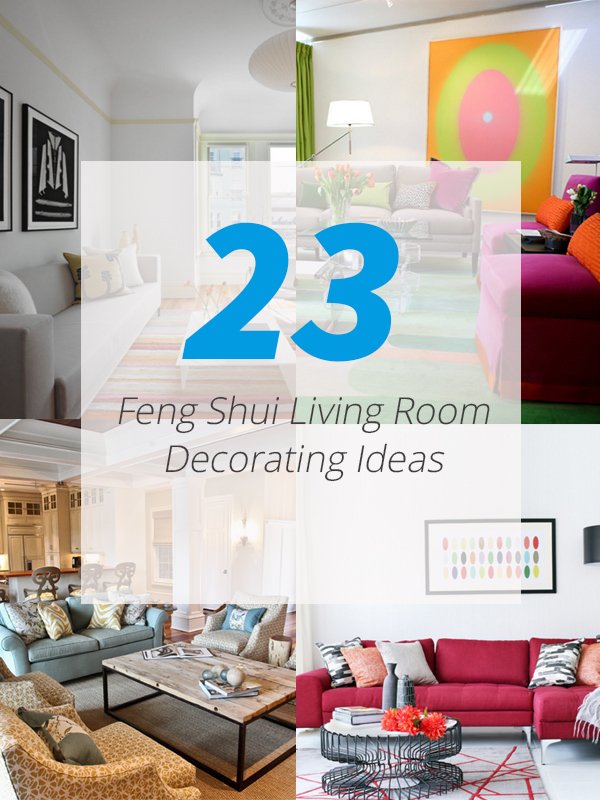
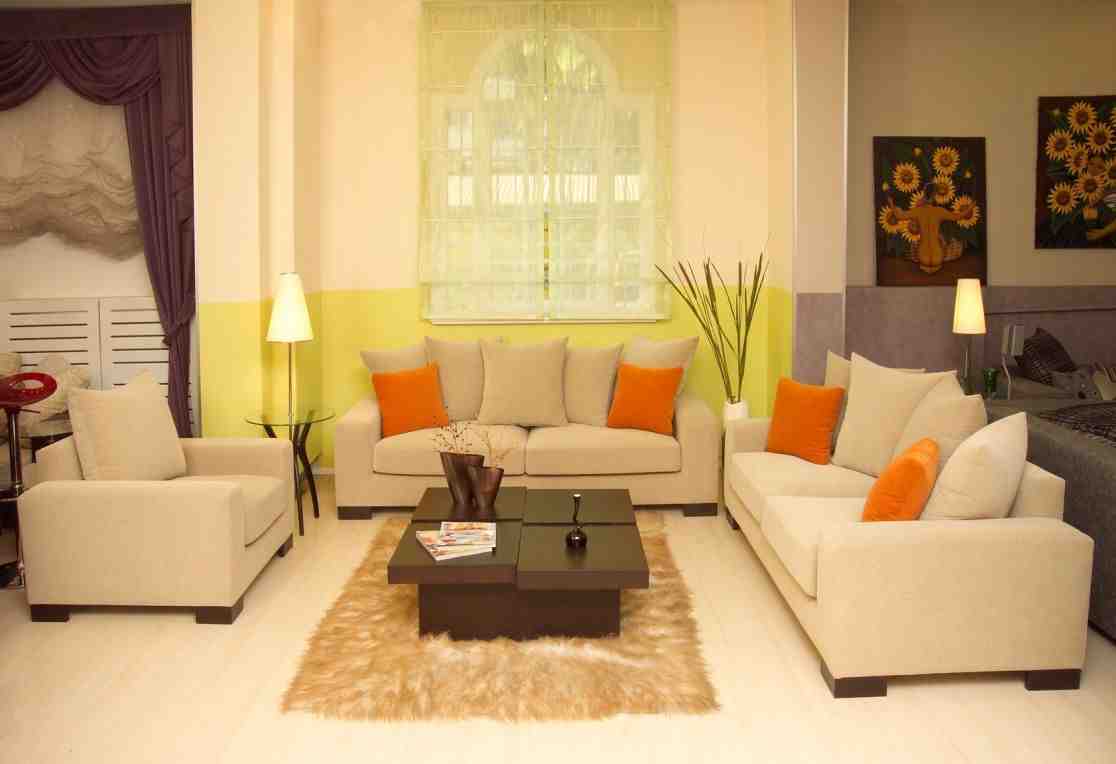

:max_bytes(150000):strip_icc()/GettyImages-1156011692-dd3354f984884054adec618e43903f8a.jpg)
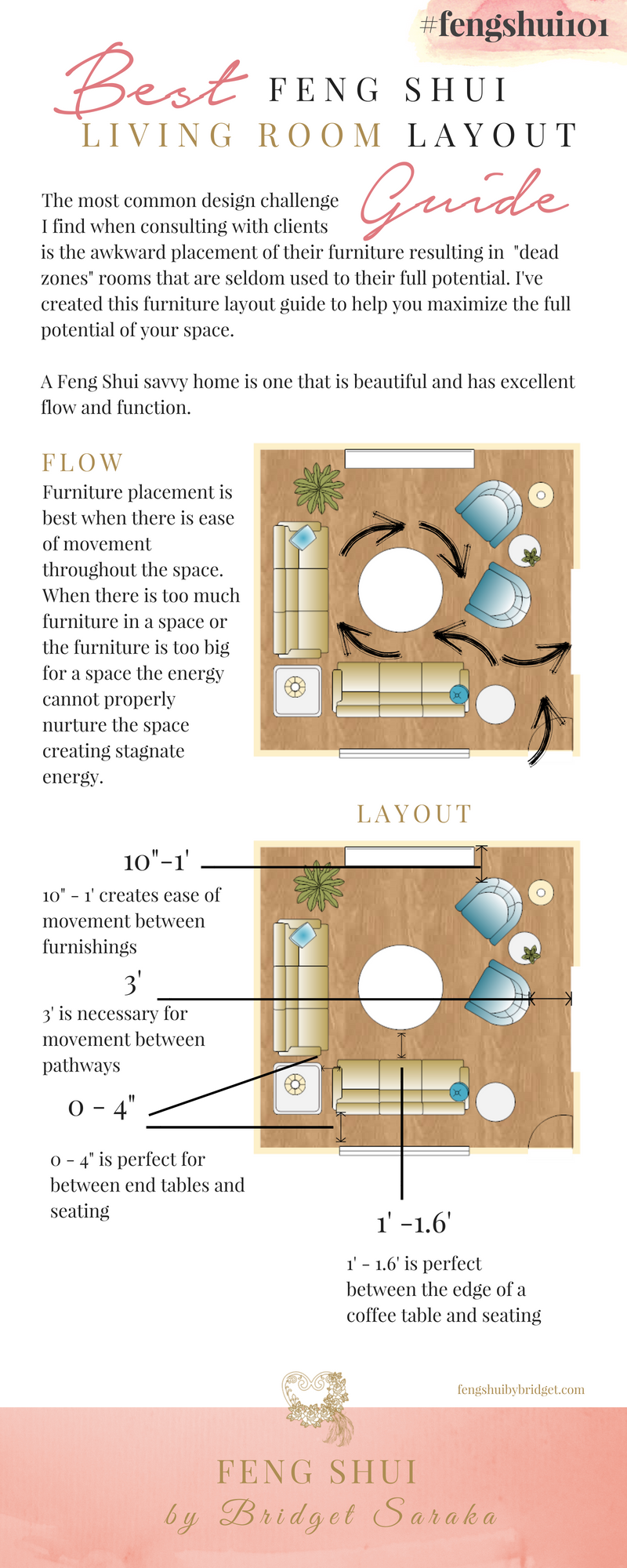


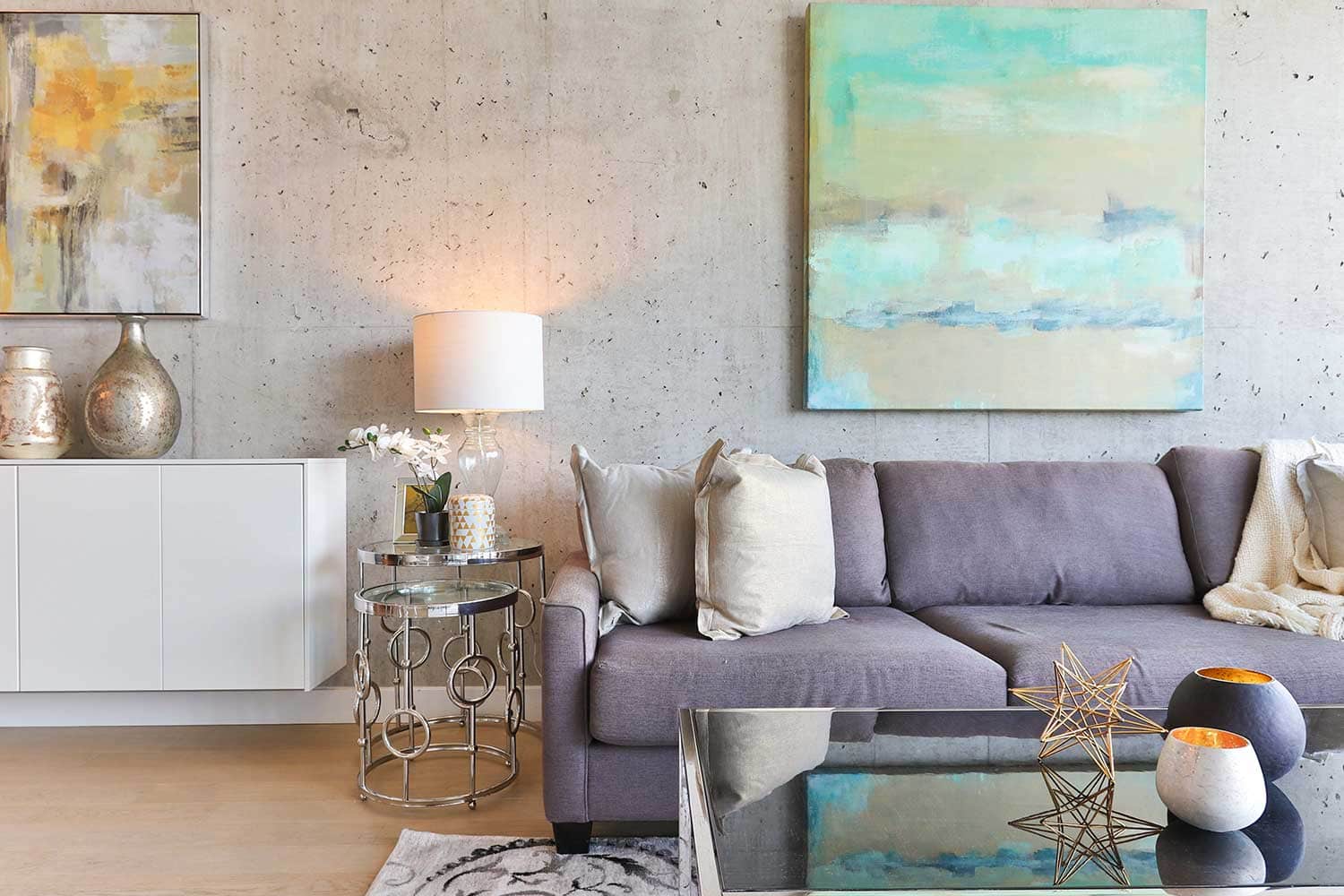
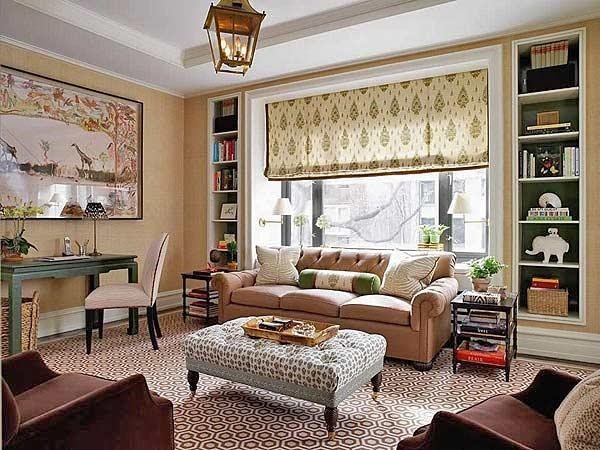
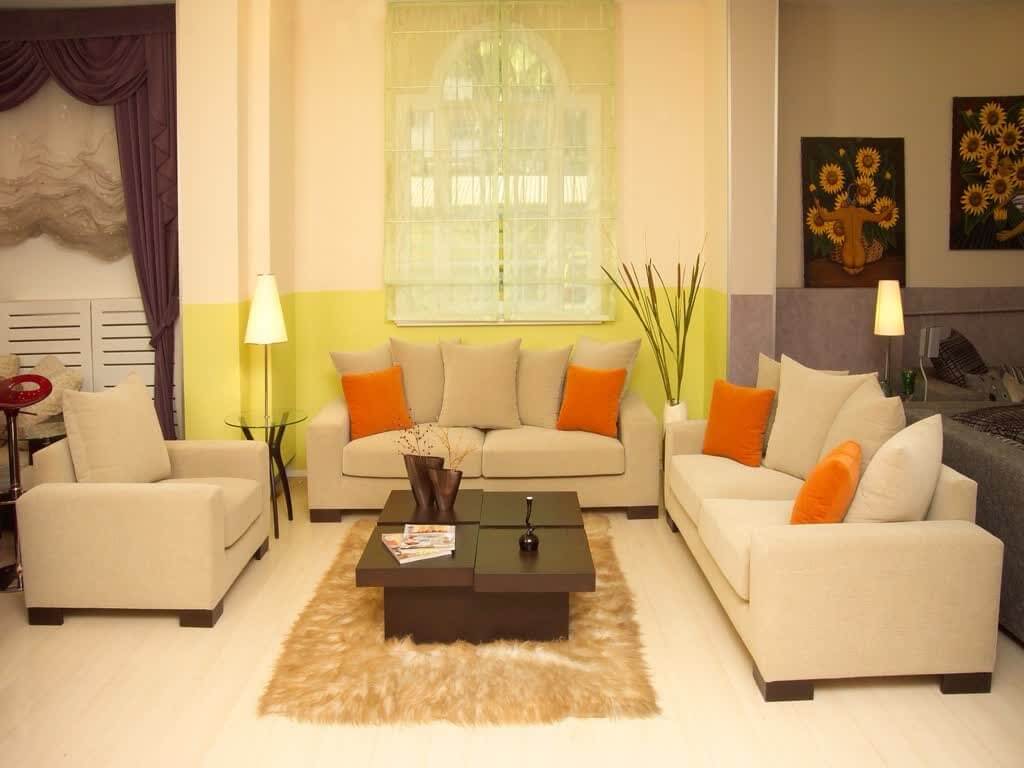
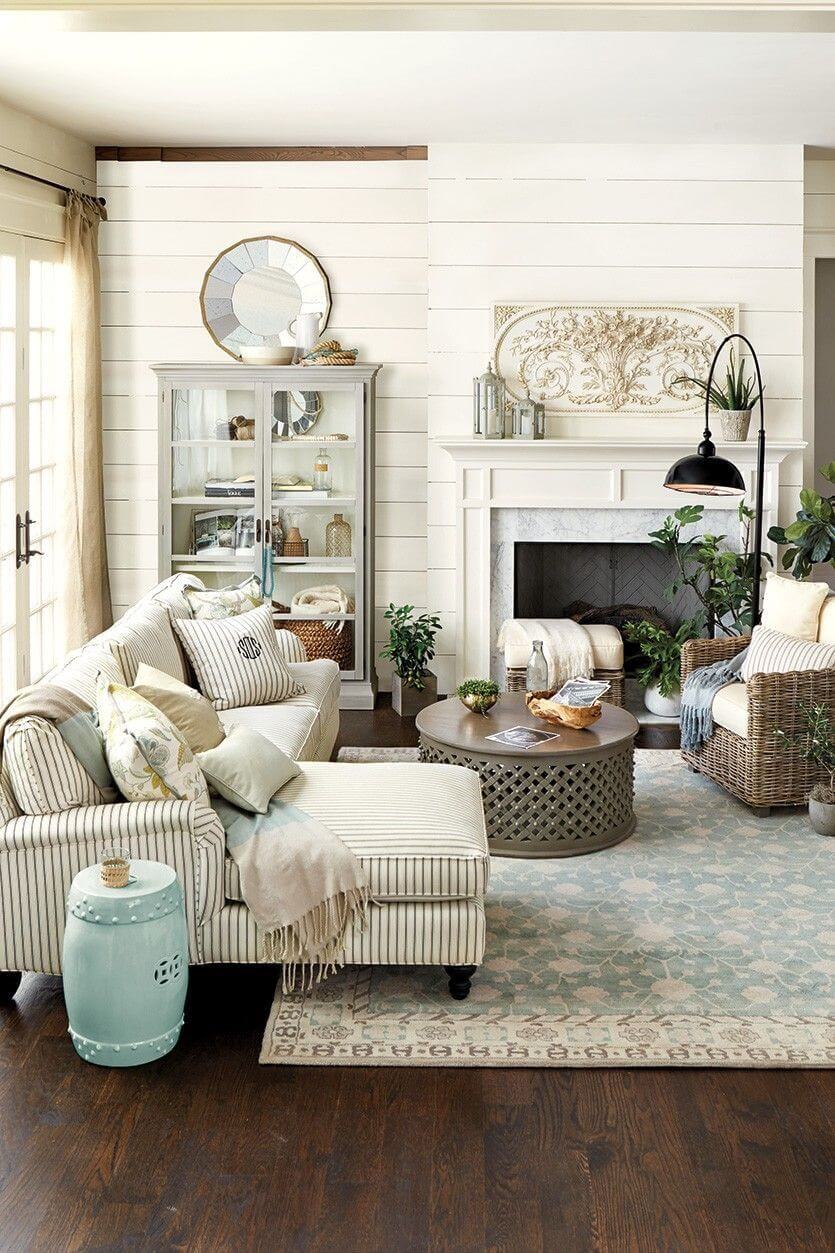

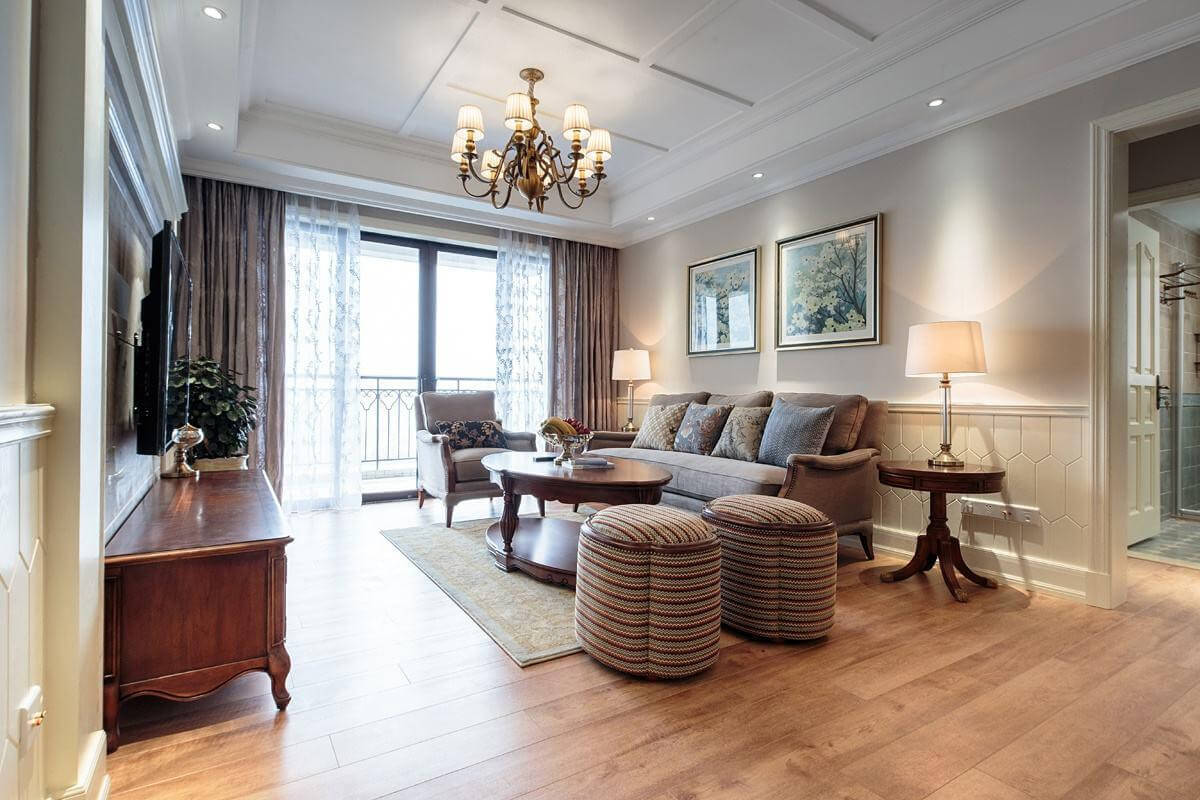


:max_bytes(150000):strip_icc()/GettyImages-642242204-9bc00f4474f040908f0286b3f2764f95.jpg)
